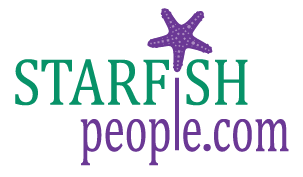HMRC guidance on the Coronavirus Job Retention Scheme, published on 26 March 2020 states that, to be eligible to be furloughed, an employee must be on the employer’s payroll on 28 February 2020. There is no restriction as to employment status – the scheme covers workers on “flexible or zero hours contracts” and those on “agency contracts”.
If an employee was on the payroll on 28 February 2020 but the employer has since made them redundant, they can be rehired and placed on furlough.
There is no qualifying service requirement for an employee to be furloughed.
Employees who are at very high risk of severe illness from coronavirus (COVID-19), and are therefore advised to shield themselves for at least 12 weeks, can be furloughed.
Employees who are on sick leave or who are self-isolating can be furloughed only after the period of sickness of self-isolation has ended. During this time, they will be entitled to statutory sick pay.
An employee must not do any work for the employer while they are furloughed.
Which wage costs are covered under the Coronavirus Job Retention Scheme?
HM Revenue and Customs guidance on the Coronavirus Job Retention Scheme, published on 26 March 2020, states that employers can claim a grant from HMRC to cover 80% of an employee’s regular wage, or £2,500 per month, whichever is lower. In addition to this, they can claim the employer national insurance contributions and the minimum automatic enrolment employer pension contributions that they are liable to pay on the subsidised wage.
Fees, commission and bonuses should not be included in the calculation of the wage costs.
Employers can top up the 80% of employees’ wages that they claim from HMRC, and pay employees in full, but they are not obliged to.
The grant is for 80% of the employee’s gross pay. The guidance states that “the employee’s wage will be subject to usual income tax and other deductions”.
If you’re looking for advice on this subject and want to know how the changes will impact your business.
Contact us by completing our secure contact form

Alternatively call us direct on 01243-607357, or email [email protected]


